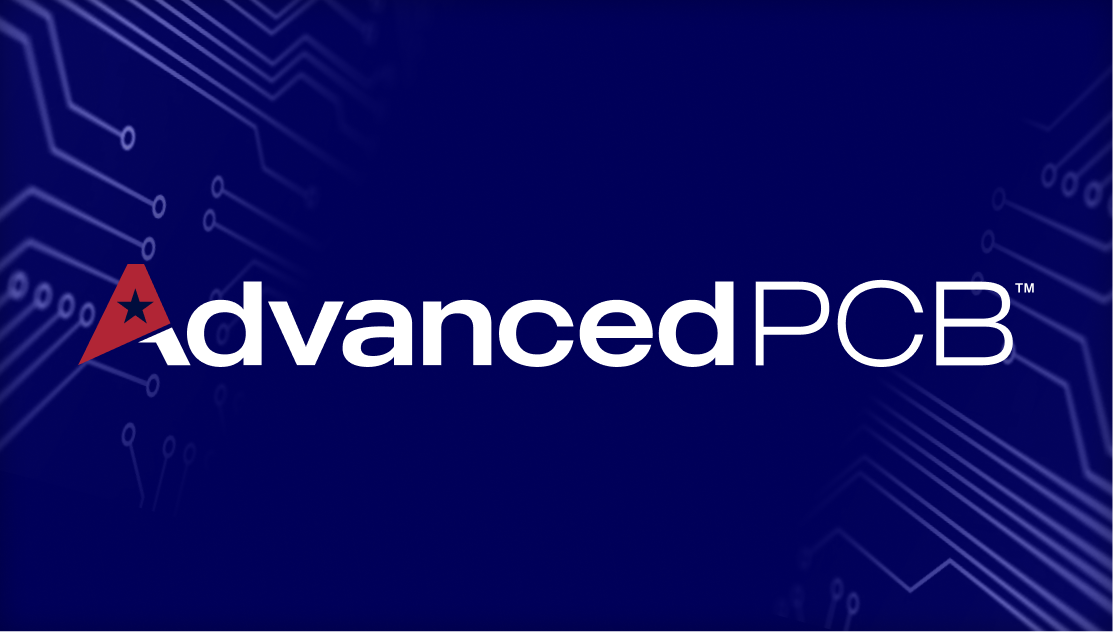Printed Circuit Boards and Vehicle Charging Stations

.jpg) With more drivers turning to electric vehicles and plug-in hybrids in order to reap the benefits of saving fuel, the issue of charging stations has come to the forefront of the industry. While the adoption of electric vehicles is increasing around the globe, the lack of available charging stations and a “pay-to-charge” system similar to parking meters is keeping the industry from reaching its enormous potential. Standing in the way is the challenge of creating a device that integrates the needs of the charger itself, in addition to payment infrastructure for mobile and traditional payments. A potential solution to this challenge is to use an embedded controller that offers NFC capabilities for mobile payments, as well as Internet capabilities that allows the unit to process payments from credit and debit cards. This will free up space on printed circuit boards and keep production costs to a minimum while also maximizing the efficiency of the systems housed inside each charging station.
With more drivers turning to electric vehicles and plug-in hybrids in order to reap the benefits of saving fuel, the issue of charging stations has come to the forefront of the industry. While the adoption of electric vehicles is increasing around the globe, the lack of available charging stations and a “pay-to-charge” system similar to parking meters is keeping the industry from reaching its enormous potential. Standing in the way is the challenge of creating a device that integrates the needs of the charger itself, in addition to payment infrastructure for mobile and traditional payments. A potential solution to this challenge is to use an embedded controller that offers NFC capabilities for mobile payments, as well as Internet capabilities that allows the unit to process payments from credit and debit cards. This will free up space on printed circuit boards and keep production costs to a minimum while also maximizing the efficiency of the systems housed inside each charging station.
Advanced Applications for Printed Circuit Boards
Although pay-to-charge stations for electric vehicles are still very much in development, the technology needed to make them successful and economically viable already exists. Engineers must overcome design and efficiency hurdles with their printed circuit boards and components to make sure that all of the systems housed within each station works as needed every time. Building on existing PCB designs to find a solution that offers the performance required will lead to these charging stations being made available in the very near future. By meeting this need in the automotive industry, engineers will help bring the environmental and economic benefits to nations around the world.

AdvancedPCB
Related Posts

Future trends of the circuit board
As consumer demands for faster, smaller and more efficient devices intensify, so do printed circuit board requirements. PCBs are the backbone of all electronic devices. They affect their size, speed and functionality.
Future trends of the circuit board
Read More

2-Layer vs. 4-Layer Printed Circuit Boards
When it comes to printed circuit boards (PCBs), there are infinite possibilities for how many layers you can have. Some supercomputers have nearly a hundred layers in their construction, but, the most common layered PCBs usually have only two or four layers.
2-Layer vs. 4-Layer Printed Circuit Boards
Read More

Understanding the Difference between PCB prototyping and Full Spec Production
Printed Circuit Board manufacturers such as AdvancedPCB offer two main types of services- Printed Circuit Board Prototyping (PCB) and full spec production. But what exactly do these mean, and what does each have to offer?
Understanding the Difference between PCB prototyping and Full Spec Production
Read More
Browse
All Categories
Recent Posts
View Recent Posts


